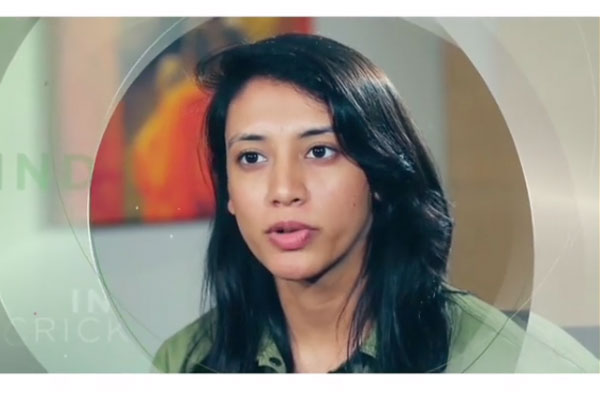People in India consider a lot of completely normal things taboo. Lack of awareness, deeply embedded superstitions, and the culture of not speaking openly about things because of social constraints is the main cause of this issue. One of the biggest taboos is menstruation, also commonly known as periods. Such a normal and naturally occurring phenomenon is surrounded so deeply by shame and stigma that girls are treated differently when they are on their periods – from being treated as untouchables to shunning them to a small room during this time- things have been done without any rhyme or reason.

As per statistics, 1 in 5 girls leave school after they get their first period. This means that they lose out on the opportunity to get a degree and make a career for themselves. A report by NGO Dasra titled Spot On! found that 23 million girls drop out of school annually due to lack of proper menstrual hygiene management facilities, which include the unavailability of sanitary napkins and basic logical awareness of menstruation. The report also stated that 70% of people with menstruating daughters considered menstruation as dirty and 71% of adolescent girls remained unaware of menstruation till menarche.
Another study stated that only 38% of girls in India talked to their mothers on this topic and many mothers were themselves unaware and unable to explain the menstrual cycle to their daughters. Schools in rural areas too were unhelpful as they didn’t discuss menstrual hygiene. Even the access to sanitary napkins in rural areas is way less as compared to urban areas as a result of lack of awareness and the stigma that surrounds it.
In cities, menstruation has been comparatively normalized. Sanitary products are not only advertised, they are available at every pharmacy or drugstore like any other product. In rural areas though, sanitary products are a rare commodity with only 2-3% of the population using them. This leads to more medical issues than what one can imagine with roughly around 120 million adolescents experiencing menstrual dysfunctions, around 60,000 cases of cervical cancer deaths and other health problems like anemia, prolonged or short periods, infections of reproductive tracts, not to mention the psychological effects it has on the individual.
In order to combat this issue, Smriti Mandhana has shown her support to the initiative taken by Whisper India and Network 18- #PeriodofPride, a petition drive to include period education in schools, so that girls are informed about periods and are able to make it a normal part of their lives and most importantly, continue their education.
View this post on Instagram
For us to show our support, all we have to do is sign the petition at http://www.periodofpride.com or give a missed call on 9999671283.

Loves all things female cricket